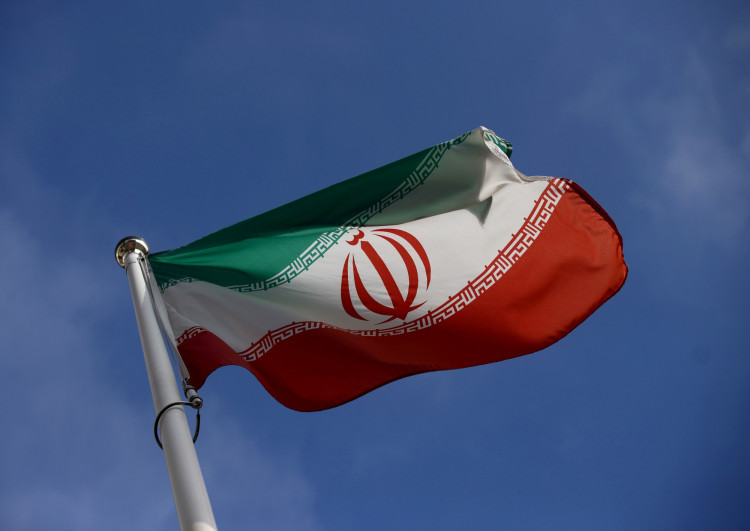In a harrowing series of events, the city of Kerman, Iran, was the site of a brutal attack during a memorial ceremony for Qassem Suleimani, the revered head of Iran's Quds Force. The two explosions, which tragically claimed the lives of at least 103 individuals and injured many more, have been branded as a "terroristic" attack by a senior official who stated, "The answer to this crime should only be in Tel Aviv, Haifa."
This marks the deadliest assault in the nation since the 1979 Islamic Revolution.
Eyewitnesses describe a scene of chaos and horror, with two explosions detonating within minutes of each other. The nature of the attack suggests a level of planning and coordination that has shocked the nation.
"A terrible sound was heard there, despite all the security and safety measures," stated Reza Fallah, head of the Kerman Red Crescent Society, reflecting the shock and surprise at the attack's success in a usually secure area.
رئیس اورژانس کرمان میگوید آمار کشتهشدگان انفجارهای چهارشنبه در این شهر به ۱۰۳ نفر رسیده است و تعداد مجروحان هم ۱۴۱ نفر است که حال برخیشان وخیم گزارش شده است.
طبق اعلام سخنگوی سازمان اورژانس ایران، دستکم شش کودک در میان قربانیان به چشم میخورند. pic.twitter.com/MHX92eOAiS — BBC NEWS فارسی (@bbcpersian) January 3, 2024
As the nation mourned the fourth anniversary of Suleimani's assassination by a U.S. drone, the blasts starkly highlighted the ongoing and deep-seated regional tensions. Suleimani, known for his influential role in shaping Iran's foreign military strategy, was commemorated by many who saw him as a heroic figure in the resistance against Western influence in the Middle East.
"Suleimani's body is buried in the cemetery along with 1,024 other people regarded as martyrs," reports noted, underlining the importance of the location as a symbolic and emotional focal point.
Speculation about the perpetrators has run rampant, with Iran's long list of adversaries offering multiple possibilities. An unnamed representative from Kerman province directly accused "agents of Israel" of committing the offence, a significant accusation that reflects the tense relations between the two nations.
This sentiment was echoed by Kianush Jahanpur on social media, who stated, "The answer to this crime should only be in Tel Aviv, Haifa." Such direct attribution is rare and highlights the immediate suspicion and blame placed on Israel, a nation with a history of clandestine operations in Iran.
The attack not only shattered the lives of hundreds but also served as a grim reminder of the fragile and volatile state of affairs in the Middle East. As tensions simmer between Iran, Israel, and the US, incidents like these have the potential to act as catalysts for further conflict. The tragedy has resonated across the globe, with people from all nations mourning the loss of life and the ongoing strife that plagues the region.






